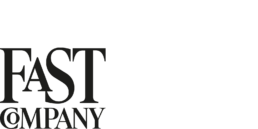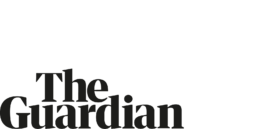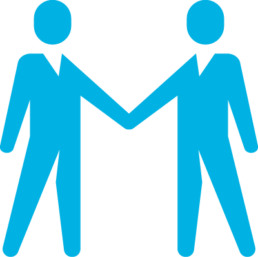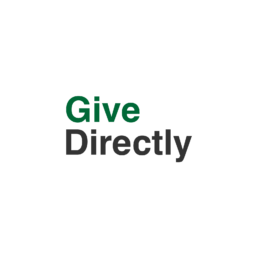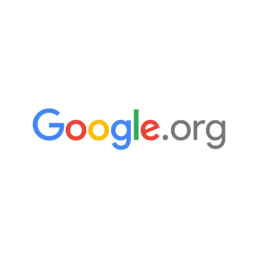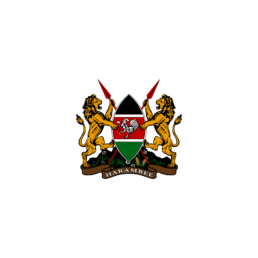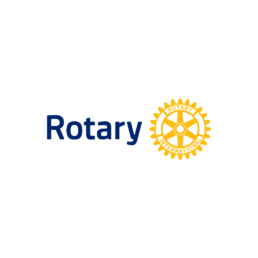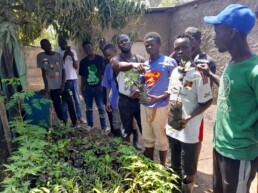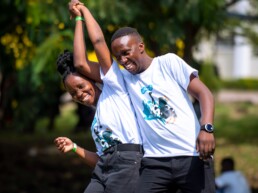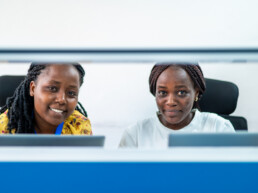When COVID-19 reached Kenya in March 2020, residents of informal settlements faced an overwhelming crisis. Pre-existing challenges—such as limited access to clean water, healthcare, and food—intensified as the pandemic spread. The economic fallout was immediate and severe: 72% of residents reported having less than two days of savings, 80% experienced difficulties obtaining food, and over half noted that the pandemic was disrupting their livelihoods. The dense living conditions in places like Kibera and Mathare, which accounted for 10% of Kenya’s total COVID-19 cases, made social distancing nearly impossible. Compounding these difficulties was a 289% increase in sexual and gender-based violence (SGBV) as prolonged lockdowns created conditions that heightened vulnerability for women and girls.
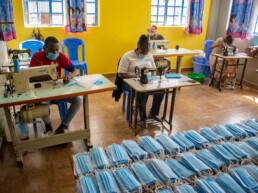
The Solution
Our approach relied on two integrated parts: direct interventions and community-led mobilization through our SHOFCO Urban Network (SUN)–a community organizing platform that during the pandemic had 500,000 members across 22 slums in Nairobi, Mombasa, and Kisumu. As part of SUN, every community in the informal settlements is divided into villages and each village has a SUN representative, which allowed us to saturate the community with information and access to desperately needed services.
Through this network, we implemented a comprehensive COVID-19 prevention and response strategy that focused on:
- Health interventions: screening for COVID-19 symptoms at clinics and through household outreach, in coordination with 1,800 health workers.
- Sanitation and hygiene: installing handwashing stations at strategic locations, staffed by volunteers who educated residents on hygiene practices.
- Clean water access: providing free water through 25 water kiosks and deploying a water truck to underserved areas.
- Food security: bulk purchasing and distributing essential food items that were offered below retail costs at our sites.
- Direct cash transfers: partnering with GiveDirectly to distribute $30 per month for 3 months to the most vulnerable families in the community.
- Combatting disinformation: using a rumor-tracking platform and local communication channels to provide accurate, timely information.
- Community outreach: engaging Community Health Volunteers to conduct door-to-door awareness campaigns, distribute educational materials, and identify at-risk individuals.
- Addressing SGBV: offering monitoring and emergency response for vulnerable women and girls, who were increasingly at risk due to prolonged lockdowns.
Media Coverage
SHOFCO became the most recognized COVID-19 response organization as the pandemic hit and international players left.
1.8m
people screened for COVID-19 within 3 months
28m
liters of free, clean water distributed
30,000
COVID-19 vaccines administered in Kibera
52m
million uses of handwashing stations
1,800
community health volunteers mobilized


